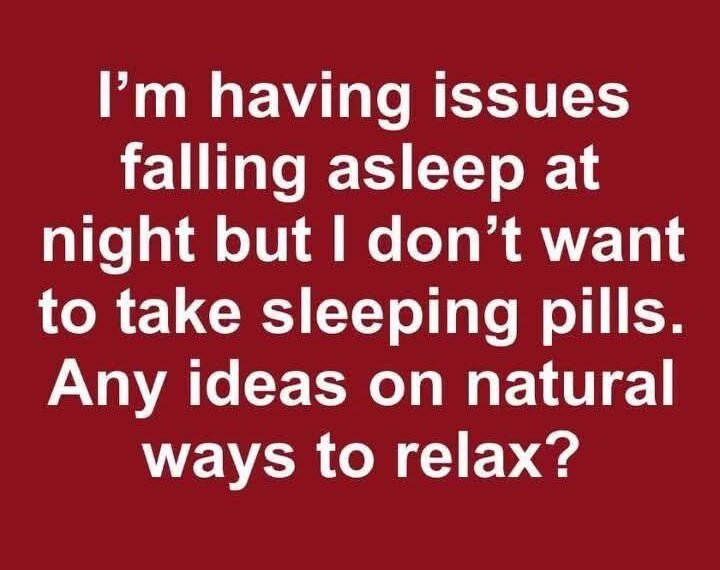Magnesium:
- Helps muscles relax and regulates GABA (a calming neurotransmitter)
- Sources: Magnesium glycinate supplements or Epsom salt baths
Melatonin:
- A natural hormone that regulates your sleep-wake cycle
- Short-term use may be helpful for jet lag or irregular sleep
⚠️ Always consult a healthcare provider before starting supplements.
🚶 6. Move Your Body (But Not Too Late)
Regular physical activity helps you fall asleep faster and enjoy deeper sleep.
🏃 Best practices:
- Aim for 20–30 minutes of moderate exercise per day
- Avoid vigorous workouts within 2 hours of bedtime
✅ A 2018 study in Sleep Medicine Reviews found exercise improved both sleep duration and quality.
📋 Quick Recap: Natural Ways to Fall Asleep
| Method | How it Helps | Science-Backed? |
|---|---|---|
| Mindful breathing | Reduces stress, slows heart rate | ✅ |
| Herbal teas (chamomile etc.) | Gentle, natural sedatives | ✅ |
| Avoiding screens | Maintains melatonin levels | ✅ |
| Calming environment | Supports circadian rhythm | ✅ |
| Magnesium & melatonin | Supplements that aid relaxation | ✅ |
| Light exercise | Improves deep sleep and reduces anxiety | ✅ |
💡 Final Tip: Establish a Bedtime Routine
Consistency is key. Going to bed and waking up at the same time daily — even on weekends — trains your internal clock to function better.
Try this nightly ritual:
- Light stretching or yoga
- Herbal tea
- 10 minutes of journaling or gratitude reflection
- Turn off lights and devices
- Deep breathing in bed
🌙 Conclusion
You don’t need to turn to sleeping pills to get a good night’s rest. With a few simple, natural lifestyle changes, you can ease your body into a restful state and enjoy more consistent sleep. Start small, be patient, and experiment with what works best for your mind and body.
Pages: 1 2




